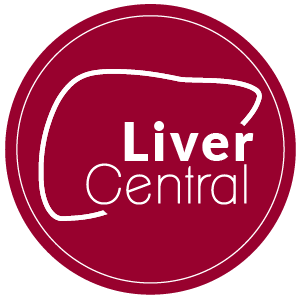Health related quality of life (HRQOL) for patients undergoing treatment for unresectable hepatocellular carcinoma is an important therapeutic consideration. The evidence of HRQOL benefits in clinically relevant domains support the use of lenvatinib compared with sorafenib to delay functional deterioration in advanced hepatocellular carcinoma.
Of 954 eligible patients randomly assigned to lenvatinib (n=478) or sorafenib (n=476) between March 14, 2013, and July 30, 2015, 931 patients (n=468 for lenvatinib; n=463 for sorafenib) were included in this analysis. Baseline PRO scores reflected impaired HRQOL and functioning and considerable symptom burden relative to full HRQOL. Differences in overall mean change from baseline estimates in most PRO scales generally favoured the lenvatinib over the sorafenib group, although the differences were not nominally statistically or clinically significant.
Patients treated with lenvatinib experienced nominally statistically significant delays in definitive, meaningful deterioration on the QLQ-C30 fatigue (hazard ratio [HR] 0·83, 95% CI 0·69-0·99), pain (0·80, 0·66-0·96), and diarrhoea (0·52, 0·42-0·65) domains versus patients treated with sorafenib. Significant differences in time to definitive deterioration were not observed for other QLQ-C30 domains, and there was no difference in time to definitive deterioration on the global health status/QOL score (0·89, 0·73-1·09). For most PRO scales, differences in overall mean change from baseline estimates favoured responders versus non-responders. Across all scales, HRs for time to definitive deterioration were in favour of responders; median time to definitive deterioration for responders exceeded those for non-responders by a range of 4·8 to 14·6 months.
HRQOL for patients undergoing treatment for unresectable hepatocellular carcinoma is an important therapeutic consideration. The evidence of HRQOL benefits in clinically relevant domains support the use of lenvatinib compared with sorafenib to delay functional deterioration in advanced hepatocellular carcinoma.
These two articles were penned by GLI’s Liver Cancers Council members Dr. Lewis Roberts and Dr. Richard Kim and published as part of the #OctoberIs4Livers 2021 education and awareness campaign to elevate the global dialogue about liver cancers.
FINN RS, QIN S, IKEDA M, ET AL. ATEZOLIZUMAB PLUS BEVACIZUMAB IN UNRESECTABLE HEPATOCELLULAR CARCINOMA. N ENGL J MED. 2020;382(20):1894-1905. DOI:10.1056/NEJMOA1915745
